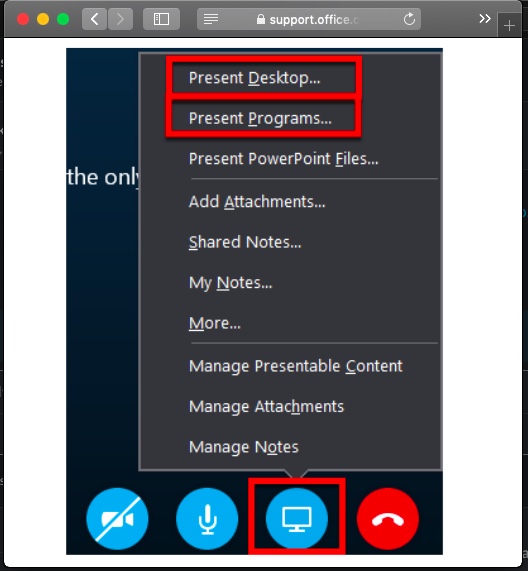- Skype For Business Mac Give Control Not Working
- Give Control Skype For Business Mac Download
- Skype For Business Mac Client
Skype for Business (Mac) - Quick Reference Guide What is Skype for Business on Mac? Skype for Business on Mac is a communications platform that lets you connect with Emory University Students & Staff using a Mac. Does Skype for Business on Mac run on my version of Mac OS? Skype for Business on Mac runs on OS X El Capitan or later versions. Give and take control of a sharing session If you want another meeting participant to change a file, help you present, or demonstrate something, you need to grant control to that person. This is a normal feature in the Windows version of Skype, called 'Give control/Take back control'. Please give us this feature in the Mac version as well. The function is a standard feature in the Windows version of Skype for Business. The function missing is the possibility to give control of keyboard and mouse when sharing my desktop in a Skype for Business meeting. It seems that this function is not supported in the Mac version 16.5.172 - right/wrong?
- To give control of your desktop, click on Give Control on the sharing toolbar located at the top of your screen. To revoke control rights, select Take Back Control Alternatively, hit the Ctrl + Alt + Space 4. To stop presenting, click on Stop Presenting. A viewer participating in the skype call can also request control of the screen. We have deployed Lync across the company and we want to use it for HelpDesk to shadow users. It would be great for a way to 'take control' of the user's PC without the end user having to initiate it (ie. HelpDesk should initiate the control request and the end user would just see an 'accept/decline' popup).
-->Summary: Learn how to manage conferencing policies in Skype for Business Server.
This topic describes how to manage conferencing policies. For more information about how to plan and deploy conferencing, see Plan for conferencing in Skype for Business Server and Deploy conferencing in Skype for Business Server.
Conferencing policies allow you to define a wide variety of scheduling and participation options, ranging from whether a meeting can include IP audio and video to the maximum number of people who can attend. You can use conferencing policies to manage security, bandwidth, and legal aspects of meetings.
You can define conferencing policy on three levels: global scope, site scope, and user scope. Settings apply to a specific user from the narrowest scope to the widest scope. If you assign a policy to a user, those settings take precedence. If you do not assign a user policy, site settings apply. If no user or site policies apply, global policy provides the default settings.
A global policy exists by default, so you cannot create a new global policy. You also cannot delete the existing global policy, but you can change the existing global policy to customize your default settings.
Manage conferencing policies by using Skype for Business Server Control Panel

To manage conferencing policies by using Skype for Business Server Control Panel:
Skype For Business Mac Give Control Not Working

Give Control Skype For Business Mac Download

Skype For Business Mac Client

From a user account that is assigned to the CsUserAdministrator role or the CsAdministrator role, log on to any computer in your internal deployment.
Open Skype for Business Server Control Panel.
In the left navigation bar, click Conferencing, and then click Conferencing Policy.
Manage conferencing policies by using Skype for Business Server Management Shell
To manage meetings by using Skype for Business Server Management Shell, use the following cmdlets:
Conferencing policy settings
| Cmdlet | Description |
|---|---|
| Get-CsConferencingPolicy | Returns information about the conferencing policies that have been configured for use in your organization. |
| Grant-CsConferencingPolicy | Assigns a conferencing policy at the per-user scope. |
| New-CsConferencingPolicy | Creates a new conferencing policy for use in your organization. |
| Remove-CsConferencingPolicy | Removes the specified conferencing policy. |
| Set-CsConferencingPolicy | Modifies an existing conferencing policy. |
